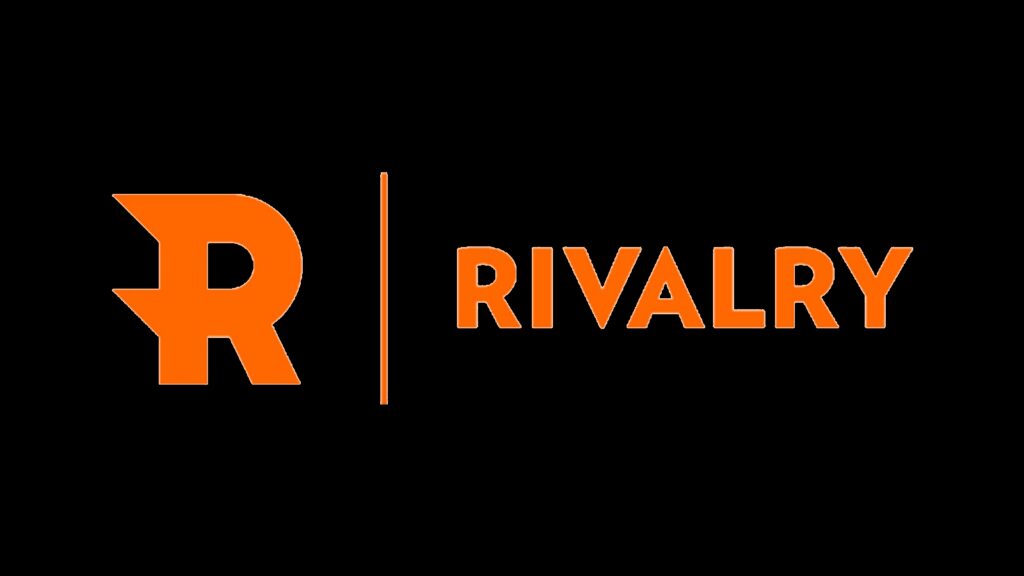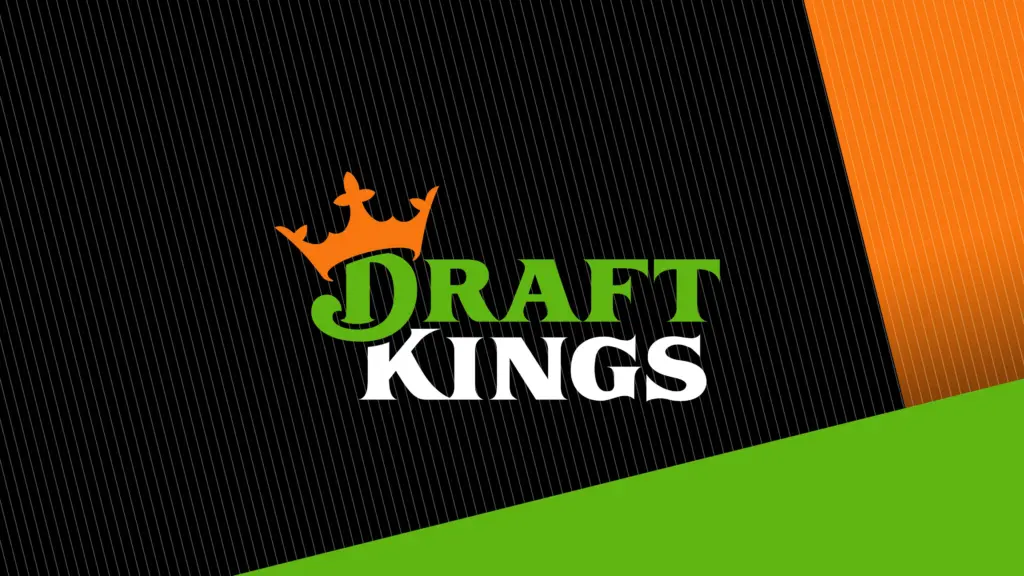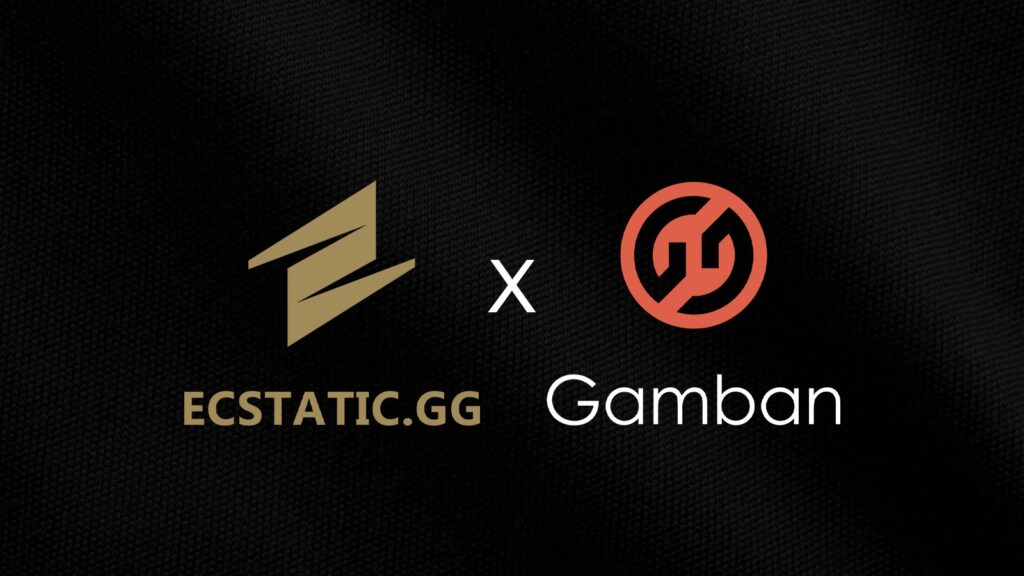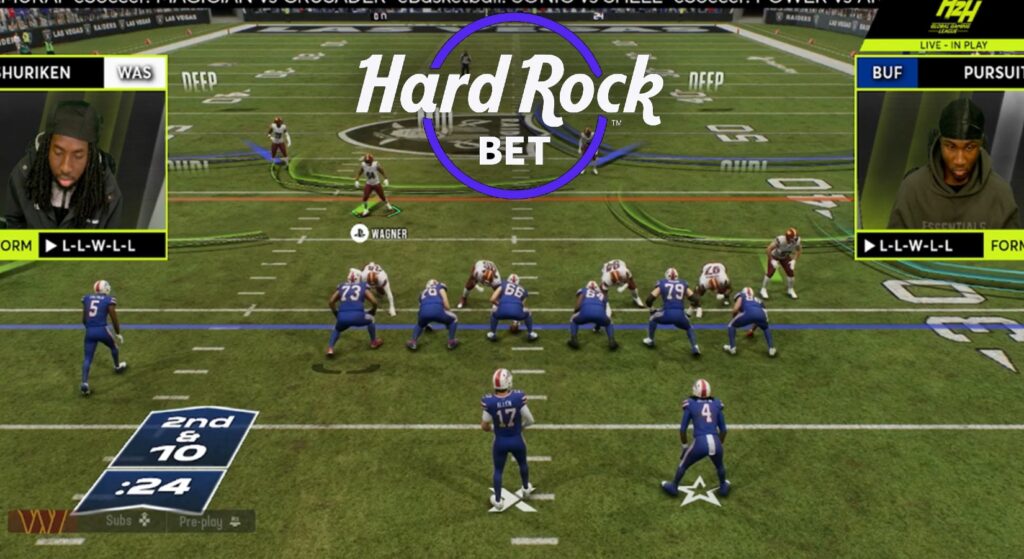Chicago Proposes Taxing Illinois Bettors Again, Others Argue State Should Lower Rate
The Chicago Financial Future Task Force, launched by Mayor Brandon Johnson, recommends that the city consider a 50-cent tax on all online sports wagers placed within its borders.
The task force argues that it is not receiving revenue from online sports betting, including esports wagers. As a result, it wants the new tax to reduce the forecasted $1.1-billion deficit.
“Currently, the City taxes sports wagering at physical sports wagering facilities where only 2% of all sport betting occurs,” the task force said in its interim report. “The remaining 98% of sport betting occurs online and remains untaxed.”
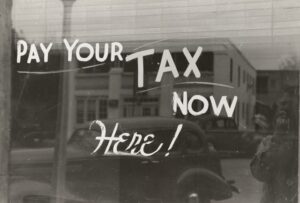
A proposed Chicago tax would be in addition to existing Illinois taxes. Image Credit: The New York Public Library / Unsplash
It estimates that adding a levy would generate an additional $17 million per year.
The proposed Chicago tax is in addition to the state-wide tax that Illinois introduced earlier this year. The per-bet tax of $0.25 or $0.50, depending on the size of the operator, follows a hike last year to as much as 40% on sports betting revenue.
Sportsbooks Respond By Adding Fees and Raising Stakes
In response to the tax, sportsbooks have either passed the fee onto the consumer, or raised the minimum bet. Caesars Sportsbook was the latest to respond, announcing it will charge users $0.25 for placing a bet on its platform.
This move follows FanDuel, DraftKings and Fanatics, who all decided to charge users for placing bets.
BetMGM ($2.50), BetRivers ($1), ESPN Bet ($1), and Hard Rock Bet ($2) set new minimum bet levels of $1 to $2.50. Meanwhile, Circa Sports raised its minimum stake to $10.
Policy Group Opposes Higher Taxes
As Chicago considers adding its own per-bet tax, the Illinois Policy Institute (IPI) says the whole state should roll back the fee for bettors.
Through its Illinois Policy publication, the group says Illinois already has the fifth highest sports betting tax rate in the country.
It believes higher taxes will lead to greater losses for residents, as well as driving bettors to offshore sites.
The article states, “Illinoisans lost $1.12 billion betting on sports in 2024, including $700 million on long-shot, high-payout bets known as parlays that require multiple outcomes. With the new fees in effect, those losses will climb even higher.”
It goes on to echo a common argument against raising taxes, that bettors will turn to unregulated platforms.
“The risk is bettors will return to unregulated, illegal markets where the state collects nothing and consumers have fewer protections.”
If implementing the Chicago tax, sportsbooks may choose to charge users as much as $1 for any bet placed.
SBA Speaks Out Against Chicago Plan
The Sports Betting Alliance (SBA) has also come out against the proposed Chicago tax, which would add to the already hefty Illinois taxes.
The organization, made up of five of the country’s biggest sportsbooks, released a statement on Wednesday opposing the plans.
The statement noted that small stake bettors will suffer, “With more than half of bets placed in Illinois at $5 or less, the uproar among fans highlights how the tax harms small bettors the most.”
The SBA attempted to block the Illinois betting surcharge by encouraging residents to sign a petition opposing the tax.
It said many came out against the fee, stating, “Illinois residents have voiced their opposition to the state’s per-wager tax, sending over 100,000 contacts to their lawmakers to date and flooding social media with angst over the tax. The Mayor and City Council should not double down on this bad idea in Chicago.“

